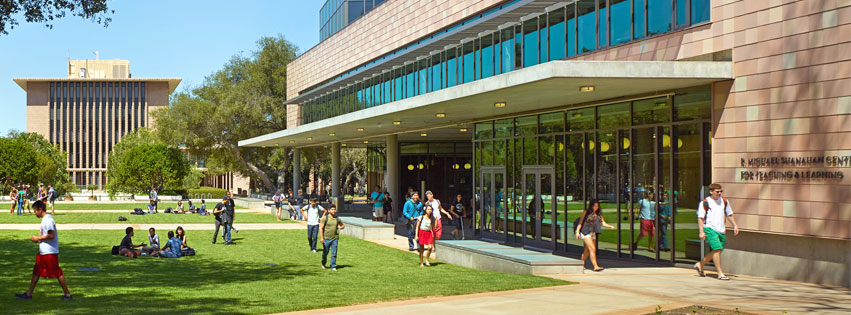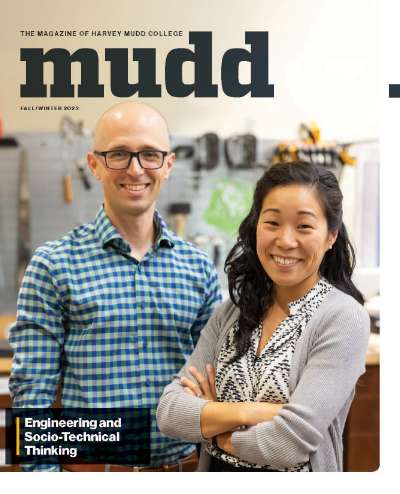Mudders Finish Strong at Modeling Contests
April 22, 2016
Faced with a slate of problems ranging from space junk to refugee immigration patterns, six Harvey Mudd student teams continued the College’s tradition of participating in the Mathematical Contest in Modeling (MCM) and Interdisciplinary Contest in Modeling (ICM) this past February. The results of the 2016 contest are in, with four teams earning Honorable Mention.
The concurrent competitions give each team 96 consecutive hours to develop a mathematical model that solves a real-world problem and then write a formal paper describing their work. Solutions are judged not only in terms of scientific and mathematical accuracy, but also on creativity and clarity of exposition.
In the MCM, a team consisting of seniors Kevin Eades, Stephen Schein and Avi Thaker and another of Matthew Dannenberg ’16, Justin Lee ’16 and Micah Pedrick ’17 each received Honorable Mention for their solution to Problem A, which asked them to develop a model for maintaining a hot bath while minimizing water used, even taking into account the use of bubble bath. Casey Chu ’16, Cheng Wai Koo ’16 and Matthew Wilber ’17 earned the distinction for Problem C—determining an optimal investment strategy on behalf of The Goodgrant Foundation, a charitable organization that provides financial support to U.S. colleges in order to improve undergraduates’ educational performance.
In the ICM, seniors Joana Perdomo, Jennifer Rogers and Lin Yang received Honorable Mention for their work on Problem F, which asked teams to develop a model to better understand factors involved in facilitating the movement of refugees from countries of origin to safe-haven countries.
Two teams were designated Successful Participant in the ICM: sophomores Katelyn Barnes, Amy Huang and Josh Miller for Problem D, for which they created a model to measure how global information networks influence public opinion; and Weerapat Pittayakanchit ’16, Natchanon Suaysom ’18 and Yossathorn Tawabutr ’17 for Problem F.
Worldwide, 7,421 teams participated in the MCM, and 5,025 teams participated in the ICM. The annual contests present an array of real-world problems in continuous, discrete or interdisciplinary mathematics that require ingenuity, collaboration and strong communication in order to tackle effectively.
“Most problems that come up in business, government or industry are solved by teams, are likely to take many hours and would not be restricted to using only pencil and paper,” says Ben Fusaro, a Florida State University mathematics professor who created the contests in 1983. “Moreover, the answer must be presented to an executive who wants a clear, understandable response.”
The MCM and ICM are organized by the Consortium for Mathematics and Its Applications (COMAP), a nonprofit organization that seeks to improve mathematics education for students of all ages and create learning environments where mathematics is used to investigate and model real-world issues.
